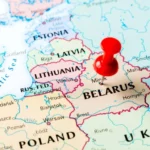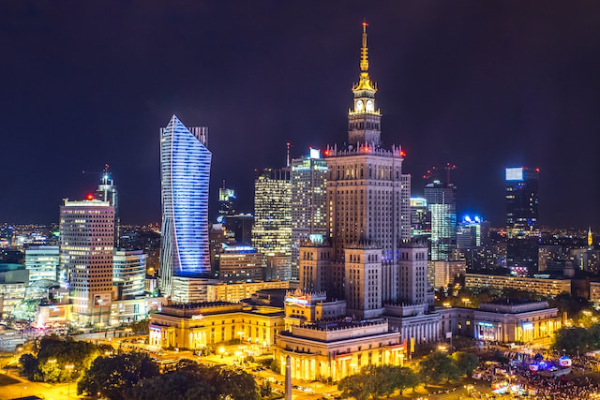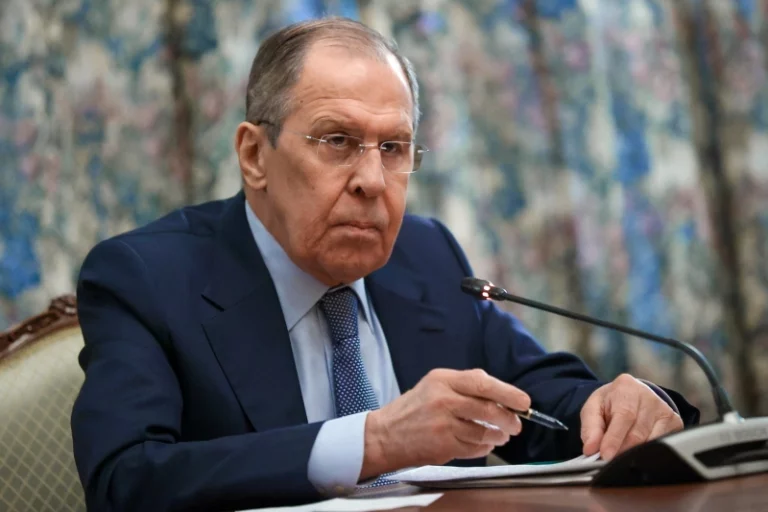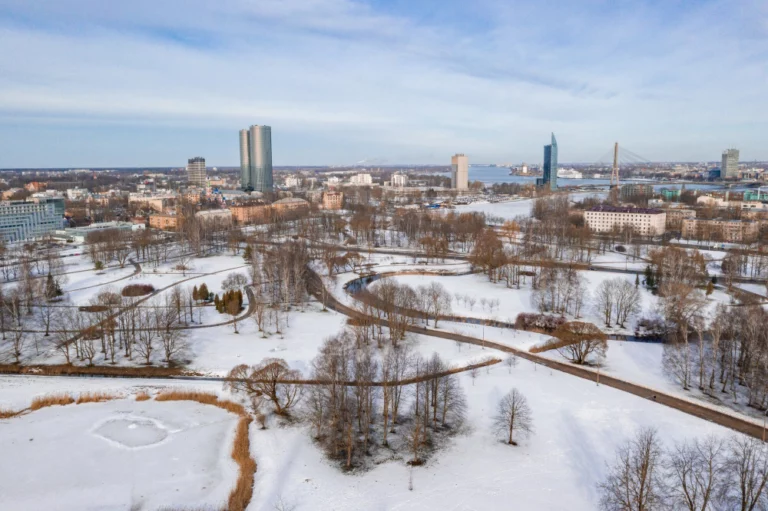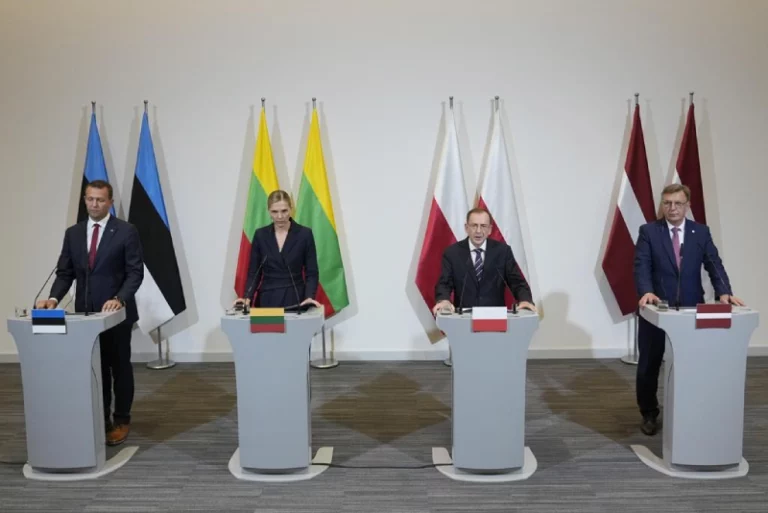Matthew Campbell’s article “Where did all the Poles go?” published by “The Sunday Times” looks closely at the phenomenon of Polish people who migrated in their hundreds of thousands to the U.K. only to now decide it is their homeland that offers them more opportunities. The article examines the reasons behind this shift and explores how Poland has transformed over the past two decades to become an attractive destination for its citizens.
Once desperate for jobs
Twenty years ago, Poland signed the accession treaty to the EU, and a year later, on May 1, Poland and nine other countries joined the bloc in its largest expansion in history. While few old members were ready to immediately open their job markets to workers from Central and Eastern Europe, Britain did. One in five adult Poles was out of work at that time, and they were desperate for jobs. They were grateful for the possibility of finding work in the U.K. Tony Blair’s government expected 13,000 workers would arrive from all ten new member states annually, but the number of people from Poland alone was several times that.
Polish delis and churches popped up across the country, and right from the get-go Poles would not limit themselves to working menial or skilled manual jobs. They quickly integrated into British society and became a significant part of the country’s workforce. Following the Brexit referendum, Poles were the largest group of EU citizens that decided to apply for residence, which indicated their population in the U.K. exceeded that number. However, between 2016 and 2020, the number of Poles in the U.K. had dropped from 911,000 to 691,000, according to the Office of National Statistics.
Exodus triggered by Brexit?
Brexit and associated fears regarding the future cannot fully explain the exodus, as explained by Rafał Cekiera, a sociologist at the University of Silesia. The global Covid-19 pandemic caused many Poles, whose culture is strongly family-centric, to opt to return home rather than endure the separation imposed by travel restrictions. But most importantly, Poland has transformed radically over the past two decades. Since 2004, the Polish economy has been growing by an average of 4 percent year-on-year, and real income has tripled. For Poles, the United Kingdom is no longer the land of opportunity. The homeland they are now returning to is.
Britain no longer as attractive
Paweł Bukowski, an economist at University College London, who moved to the U.K. in 2016, believes that Britain is not as attractive a destination as it once was, when Poland’s own growth outpaced those of Asian Tigers. Campbell himself was in Poland’s capital, Warsaw, a decade ago. While remnants of communist-era architecture are still there, the city has transformed greatly, dominated by modernist skyscrapers of steel and glass. The city’s skyline could be mistaken for that of London. While standards of living in Poland are improving, British standards are declining. The cost of living is on the increase, as is the crime rate, especially when it comes to knife attacks. Waiting lines at the NHS are growing, and Poles are no longer willing to put up with the high-cost, low-standard accommodation in London.
Better opportunities back home
Łukasz Marek Marc, an economist with the World Bank, moved to the U.K. in 2015. He paid GBP 650 for a single-room flat with a shared toilet. The living conditions, primitive by Polish standards and barely even fit for students, surprised his visiting friends. In 2022, Marc decided to accept a job offer in Warsaw. And he believes he made a great move, calling Warsaw a much better city to live in than London.
The transformation of Poland over the past two decades has been significant. The country has experienced impressive economic growth, and its citizens are now flocking to their home country.
The phenomenon of Polish migrants returning to their homeland is not unique to the U.K. Many Poles who moved to other EU countries, such as Germany and the Netherlands, are also opting to return to Poland.
As Campbell notes, the Polish government has actively encouraged the return of its citizens by implementing policies aimed at attracting investment and creating job opportunities.
In recent years, the government has launched a campaign called “Polska jest OK” (Poland is OK), aimed at showcasing the country’s economic and social progress. The campaign includes a website with information on job opportunities, housing, and the overall quality of life in Poland.
The Polish government has also launched a program called “Welcome to Poland,” which offers financial incentives to Poles living abroad who decide to return to their homeland. The program offers grants for entrepreneurs, financial support for families, and assistance with finding employment.
These initiatives appear to be working, as the number of Poles returning to their homeland has been steadily increasing in recent years. According to data from the Polish Central Statistical Office, in 2020, over 200,000 Poles returned to Poland, up from just over 100,000 in 2015.
Beyond economics
For many Poles, the decision to return to their homeland is not just about economics. It is also about a sense of belonging and a desire to reconnect with their culture and heritage.
As Campbell notes, the Polish community in the U.K. has always maintained a strong connection to its homeland, with Polish schools, churches, and cultural organizations thriving across the country.
But as Poland continues to develop and modernize, the appeal of the U.K. as a destination for Polish migrants is diminishing. The once-desperate Poles who flocked to the U.K. in search of a better life are now finding that their homeland offers them more opportunities and a better quality of life.
The story of Polish migration to the U.K. is a complex one, with economic, social, and cultural factors all playing a role. But as the U.K. grapples with the fallout from Brexit and the challenges of a post-pandemic world, it is clear that the era of Polish migration to the U.K. is coming to an end.
For Poles, the U.K. will always hold a special place in their hearts, as a country that offered them hope and opportunity when they needed it most. But as they return to their homeland, they are finding that the real land of opportunity is the one they left behind.






